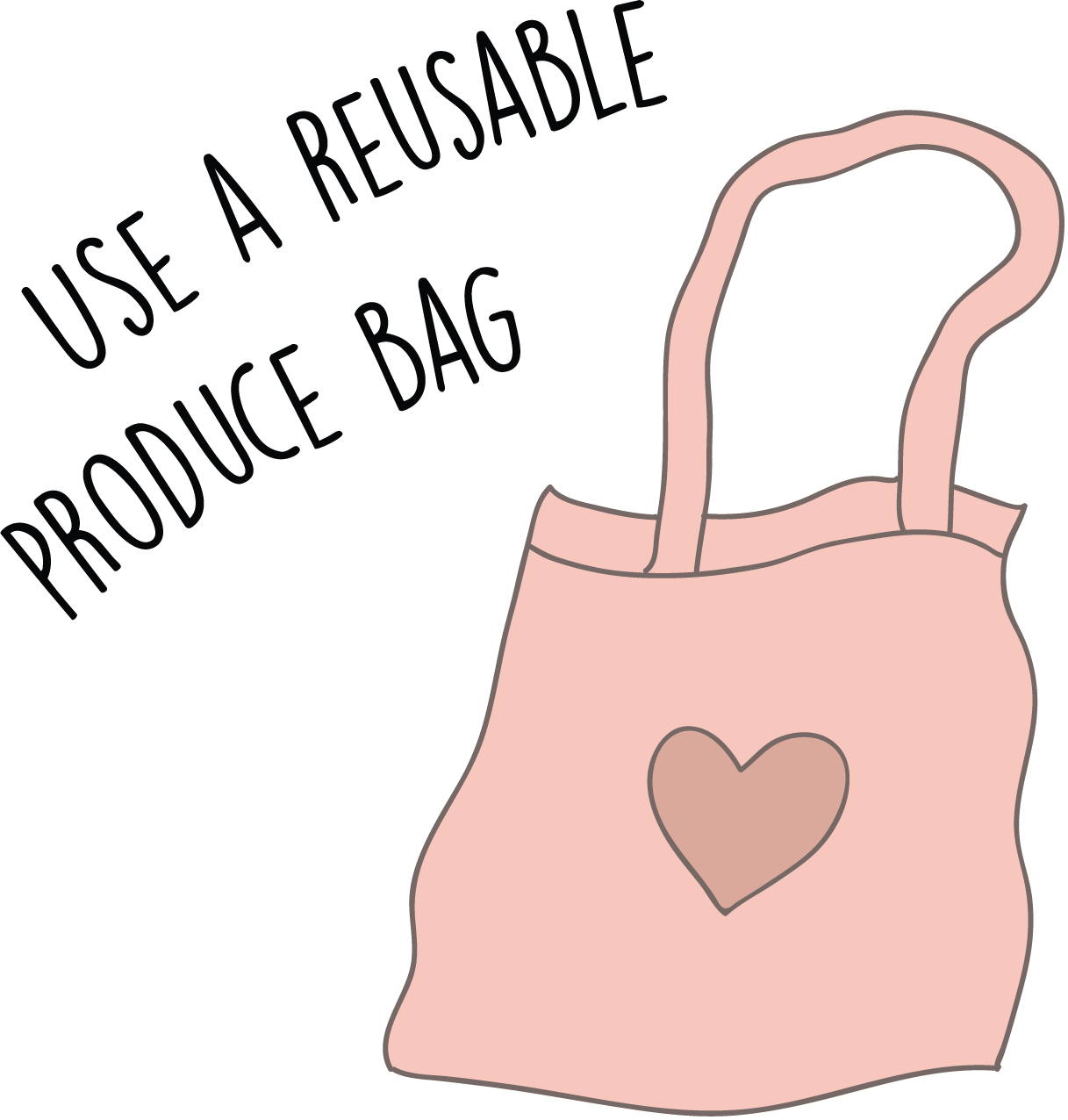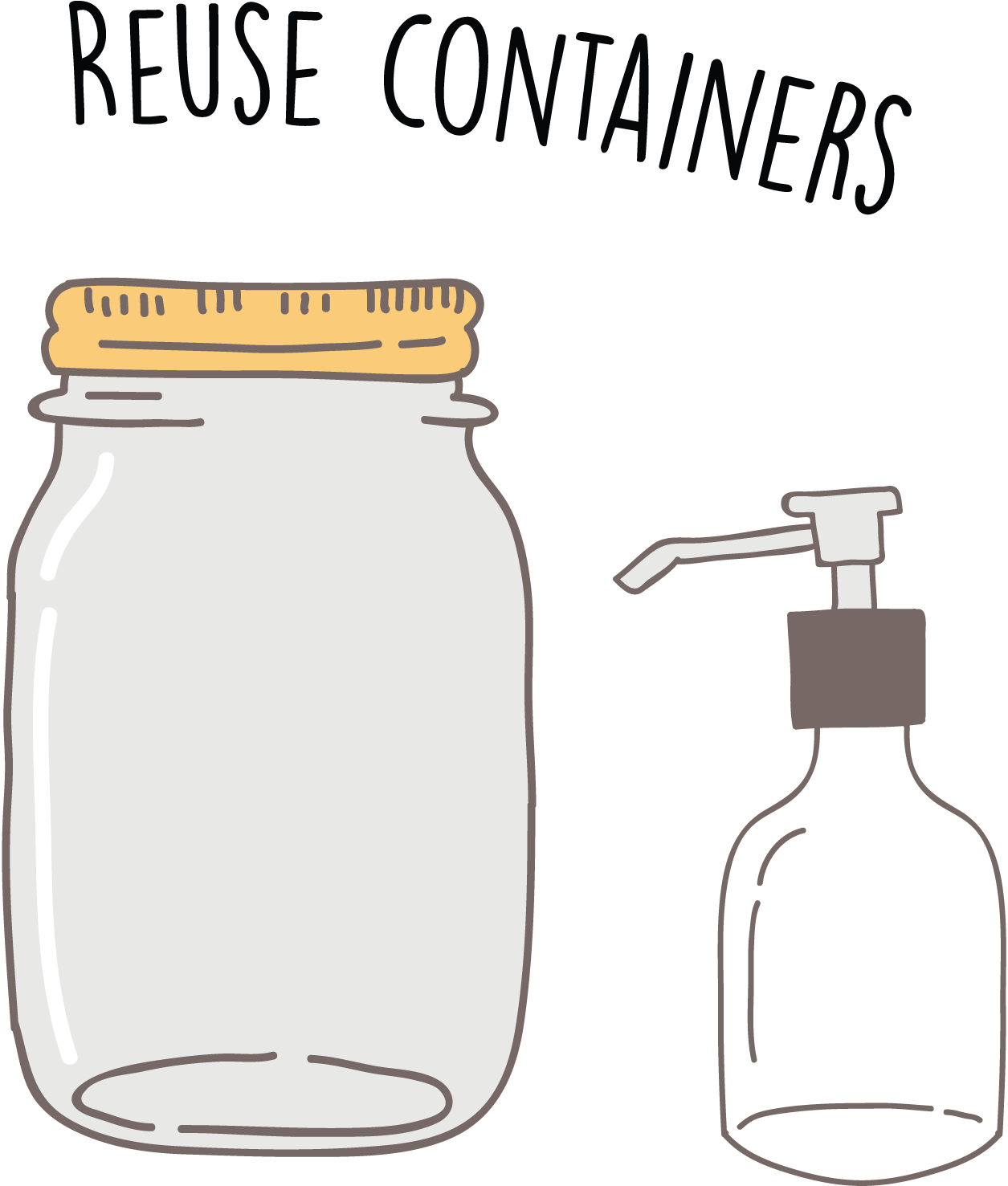an't every day be Earth Day? Earth Day, April 22, is an annual observance so people can become aware of the impact they are having on the earth and the global implications of pollution and waste.
Lawn & Garden
RESTORE OUR EARTH
Bar & Grill
Actions to take for Earth Day and every day
This year’s Earth Day theme is Restore Our Earth, and in addition to recycling both large and small items, there are a number of things that individuals and groups can do to reduce their “carbon footprint,” or the total amount of greenhouse gases, including carbon dioxide and methane, that are generated by their actions.
Most are familiar with the “three R’s,” reduce, reuse, recycle, but there are three more that can have a significant impact on the global environment, “remove, refuse and rally.”
Area environmentalists can band together to pick up trash in their community neighborhoods and parks. By clearing trash from these areas, neighborhoods immediately become more foot-traffic friendly for those walking, jogging, or otherwise traveling through the community.
At restaurants, the single act of refusing a straw of a plastic or styrofoam go-cup can reduce a significant amount of plastic waste, with estimates of up to half a million straws in the world every day and 500 billion disposable cups per year. Plastic water bottles can be the worst offenders in the plastic pollution package.
Statistics show the average American buys an average of 167 disposable plastic water bottles, costing a whopping $266 per year. With the average life span hovering at 80 years old, individuals could potentially save $17,290 in the course of their lifetimes by using a reusable stainless steel water bottle.
It’s estimated that 17 million barrels of oil, which could fuel up to 100,000 cars, are needed to supply the demand of water bottle production worldwide, with only 23 percent of those being recycled.
The rest ends up in our oceans, landfills, and communities—polluting the environment and killing thousands of fish, dolphins, whales, turtles and birds every year, with $13 billion a year in losses from damage to marine ecosystems, clean-up costs, and financial losses to fisheries and ocean-based tourism.
It is estimated that 4 trillion plastic bags are used worldwide annually. Only 1 percent of those plastic bags are returned for recycling. Most stores offer sturdy, reusable shopping bags for patrons, or there are websites that offer colorful options to purchase or free instructions at
https://www.thesprucecrafts.com for shoppers to make at home.
There are also reusable produce bags for shopping convenience.
Groups can also lobby their legislatures to ban single-use plastics. Instead of tossing a plastic wrap onto some leftovers, use eco-friendly bee’s wrap, made from organic cotton muslin, beeswax, jojoba oil and tree resin. The combination of ingredients and the infused fabric create a malleable food wrap that can be used again and again, with the exception of meat products. Bee’s wrap can be washed over and over again in cool, soapy water and stored.
For bowls and casseroles, an alternative to plastic wrap is silicone stretch-top lids, and also great for preserving food and prolonging freshness.
Speaking of food items, many scraps from produce purchased at the grocery store can be popped into a plot of soil and grow fresh food. Among those are lettuce, bok choy, cabbage, celery, avocados, green onions, garlic, peppers, tomatoes, potatoes and sweet potatoes. Even patio gardeners in small apartments can use containers to grow small amounts of fresh produce. Some will even re-grow in water.
Small window pots can supply herbs such as basil, cilantro, lemon balm, mint, oregano, parsley, sage, and thyme for savory cooking and sauces.
For those planning to grow their gardens outdoors, The Farmer’s Almanac recommends saving those eggshells and tossing the plastic seedling trays.
Eggshells are a perfect little cup for seedlings, providing a safe and semi-porous environment that plants love. Just nestle the eggshell halves in an egg cartons, add a scoop of potting soil to each, drop in your seed or seeds, cover lightly, and let them sprout! Don’t overwater them since there are no drainage holes — just lightly mist with a spray bottle.
This is a really great activity to do with kids as well.
Once the sprouts are ready to plant, pop them straight into the ground or pot, eggshell and all. Just crush the eggshell bottom slightly to get things started, and the eggshell will decompose slowly into the soil, feeding it with minerals.
CONNECT WITH PAGE SPONSORS
Bar & Grill
-
Affordable Propane Pierce City, MOAffordable Propane
-
Ag Service Center of Pierce City Pierce City, MOAg Service Center of Pierce City
-
Coast to Coast Monett, MOCoast to Coast
-
Crown Power & Equipment Monett, MOCrown Power & Equipment
-
Hills Feed & More Mount Vernon, MOHills Feed & More
-
Main Street Feeds Monett, MOMain Street Feeds
-
MFA Co-Op Association Aurora, MOMFA Co-Op Association
-
Race Brothers Monett, MORace Brothers









